
Popular Frameworks for a Python Development Company
August 16, 2024
Table of contents
Quick Access

Python has become one of the most versatile and powerful programming languages, powering projects in areas such as web development, data science, automation, and more. For companies looking to develop robust and scalable solutions with Python, choosing a suitable framework is crucial.

Why is Python Ideal for Enterprise Development?
Python stands out for its simplicity, readability, and an active community that supports the continued growth of the language. Python development companies take advantage of this flexibility to offer solutions ranging from web applications to complex machine learning systems.
When a company decides to hire a Python development agency, they expect to receive not only technical expertise but also the ability to deploy quickly and efficiently. This is largely achieved through the use of frameworks that simplify development, encourage good practices, and enable scalability.
Top Frameworks Used by a Python Development Company
1. Django: The Web Development Giant
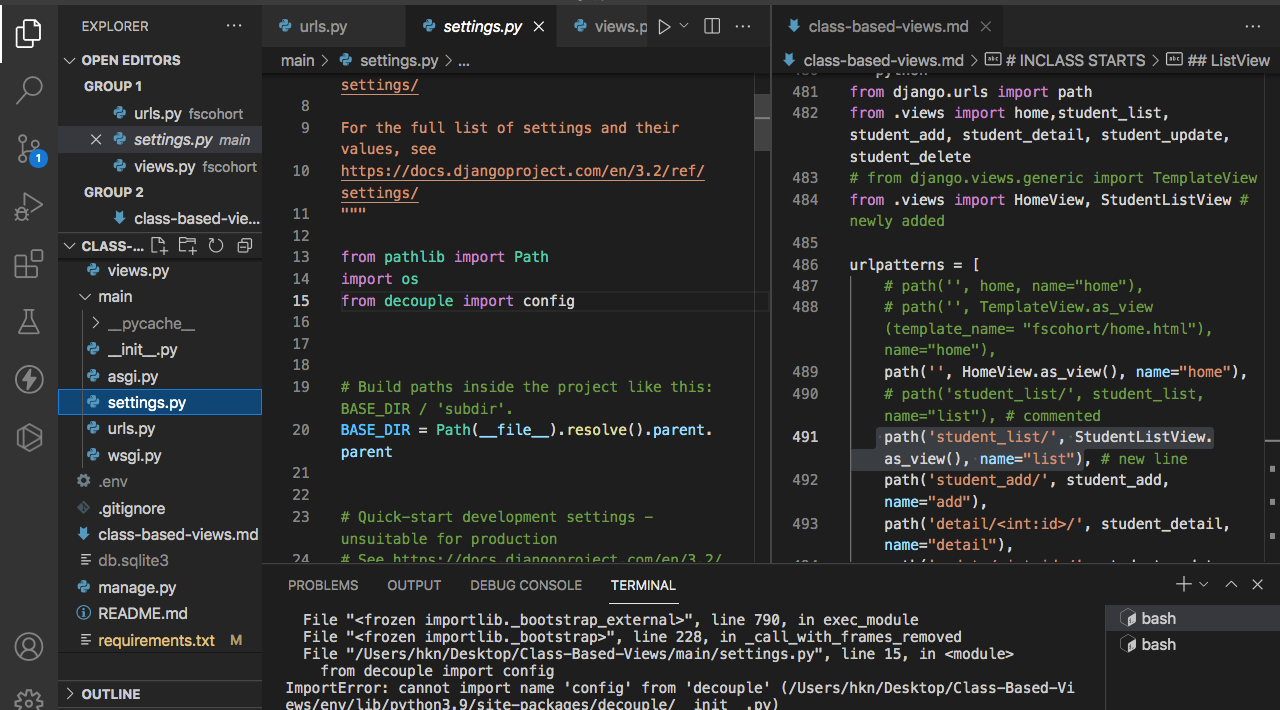
Django is undoubtedly one of the most popular frameworks in the Python community and the mainstay of many development companies. It is a high-level framework that allows you to develop web applications quickly and securely. Django follows the "Don't Repeat Yourself" (DRY) principle, which makes it easy to reuse code and keeps development organized.
Django is ideal for projects that require a robust backend, with features like authentication, user management, and form handling already built in. This framework is the perfect choice for companies looking to get products to market quickly without compromising quality.
Key Features:
- Built-in ORM: Facilitates interaction with databases without the need to write SQL.
- Security: Django includes mechanisms to prevent common threats like SQL injections, clickjacking, and CSRF attacks.
- Scalability: It is suitable for both small projects and large, high-demand platforms.
2. Flask: Minimalism and Flexibility
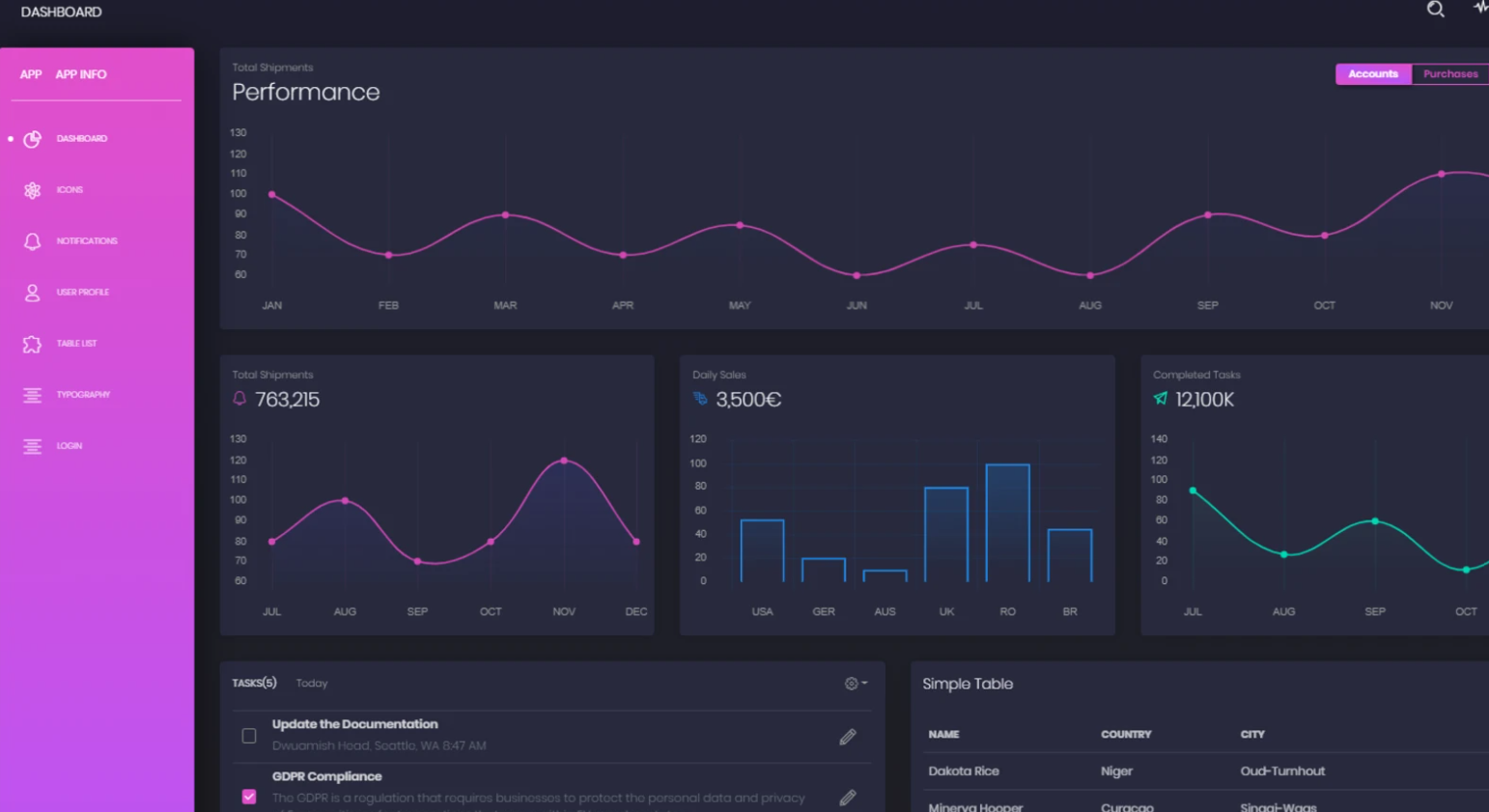
For lighter projects or when full control over the application architecture is needed, Flask is a standout choice. It is a minimalist microframework that offers only the basic functionalities, allowing developers to add extensions as needed for the project.
Flask is widely used by development companies that need to create RESTful APIs or small to medium-sized web applications. Flask's flexibility allows teams to build custom solutions from scratch, which is ideal for projects with very specific requirements.
Key Features:
- Flexibility: By not imposing a rigid structure, it allows complete freedom to design the project.
- Lightweight: It is perfect for projects where simplicity and efficiency are a priority.
- Modular ecosystem: Through extensions, Flask can be integrated with popular libraries to add advanced features such as authentication or form handling.
3. FastAPI: The New Powerhouse for Fast APIs
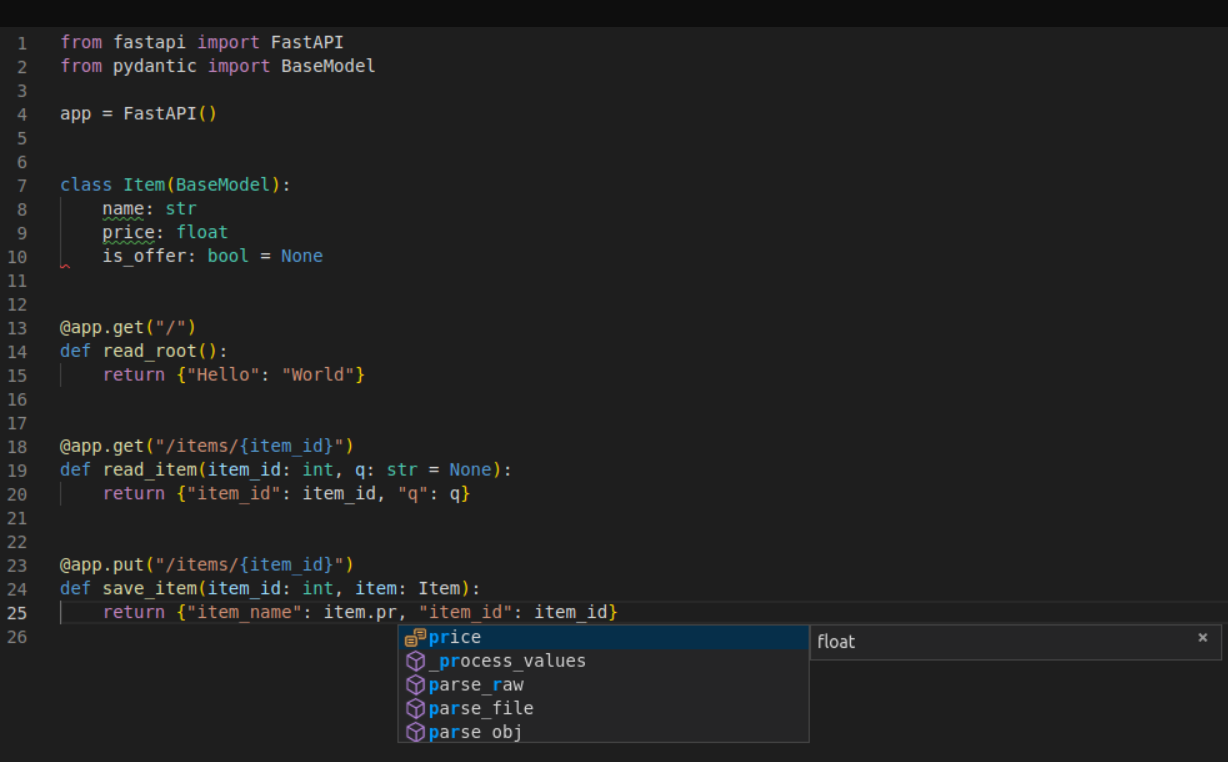
FastAPI is one of the newest frameworks that has quickly gained popularity in web application and API development due to its superior performance. It is designed to take advantage of modern Python features such as type hints, which improve automatic validation and generated documentation.
FastAPI is used by Python development agencies that need to build highly efficient and low-latency APIs. This framework is especially useful in projects that require integration with microservices or applications that demand high performance.
Key Features:
- Speed and Performance: It is optimized to be one of the fastest frameworks in Python.
- Async Support: FastAPI handles asynchronous requests natively, ideal for concurrent applications.
- Documentation Auto-Generation: Automatically generates interactive documentation for APIs with Swagger and Redoc.
4. Pyramid: An adaptable framework for scalable projects
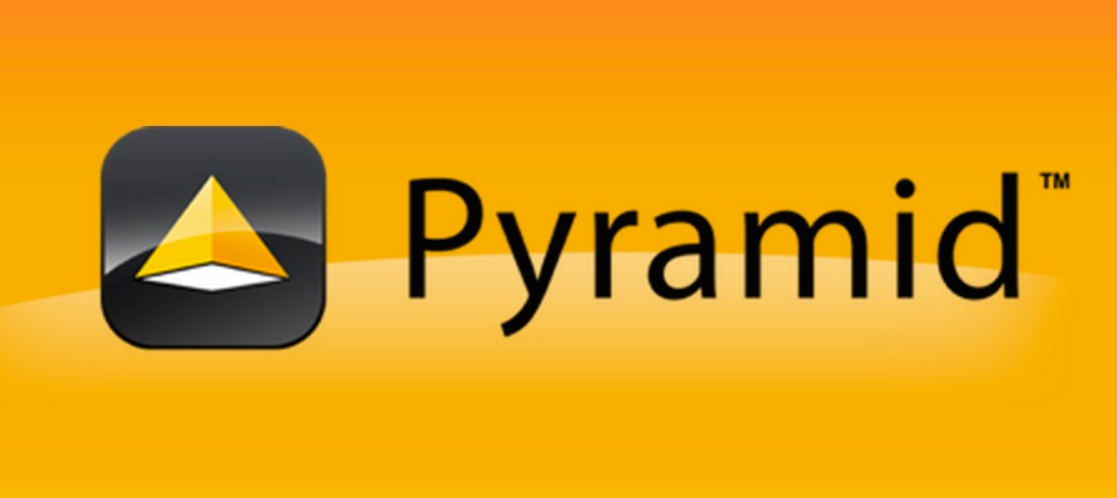
Pyramid is a framework that offers flexibility between simplicity and advanced capabilities. This framework allows you to start small and then scale to more complex solutions as the project grows. Pyramid is used in projects that require high modularity or when you are looking for the freedom to choose specific components such as the database or security modules.
For companies that need a solution that can evolve with their growth, Pyramid offers the perfect combination of control and versatility.
Key features:
- Extensibility: Its modular design makes it easy to add components as the project expands.
- Support for large applications: Pyramid is ideal for projects that require complex route management and advanced authentication.
- Versatility: It can be used for projects ranging from microservices to full-fledged enterprise applications.
5. Tornado: Real-time scalability
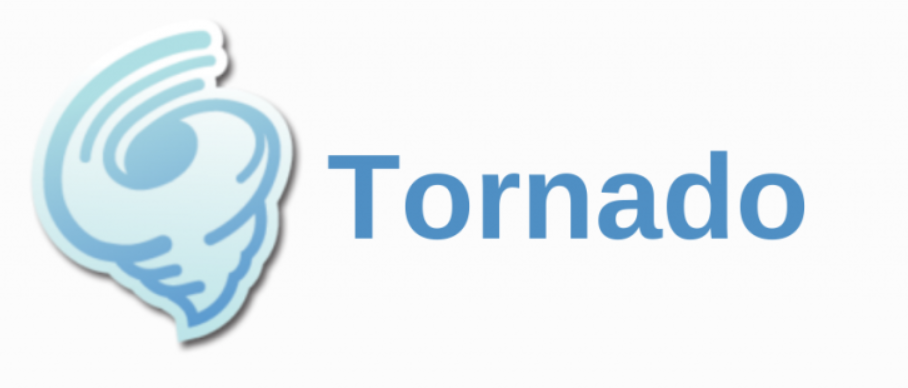
Tornado is an asynchronous, non-blocking framework designed to handle large-scale connections in real time. It is widely used in applications where performance and low latency are critical, such as chat services, live streaming, or applications that require real-time notifications.
Python development companies that work with Tornado typically specialize in high-concurrency systems and distributed architectures.
Key Features:
- Native Asynchrony: Tornado handles thousands of simultaneous connections efficiently.
- Real-Time Friendly: It is perfect for applications that require constant updates without delays.
- Architectural Flexibility: Although it is a web framework, Tornado is also used as an engine in more complex projects such as microservices networks.
When a company decides to hire a Python development agency, understanding the frameworks they use can be a deciding factor. Django and Flask remain the mainstays for most web projects, while FastAPI has established itself as the preferred choice for high-performance APIs. Pyramid and Tornado, although less common, offer tailored solutions for projects that demand unique architecture or real-time capabilities.
Choosing the right agency depends not only on their knowledge of the Python language but also on their experience with these frameworks and their ability to adapt the solution to the specific context and needs of your company.
We recommend you on video
Related Blogs

5 Reasons to Choose Odoo

How VIDsigner and VIDchain ensure compliance and security in the digital age

Jumio Solutions for Identity Validation

Speeding up your app's build with Vite and SWC

Data structure and validation in Python with Pydantic, Marshmallow and Dataclasses
